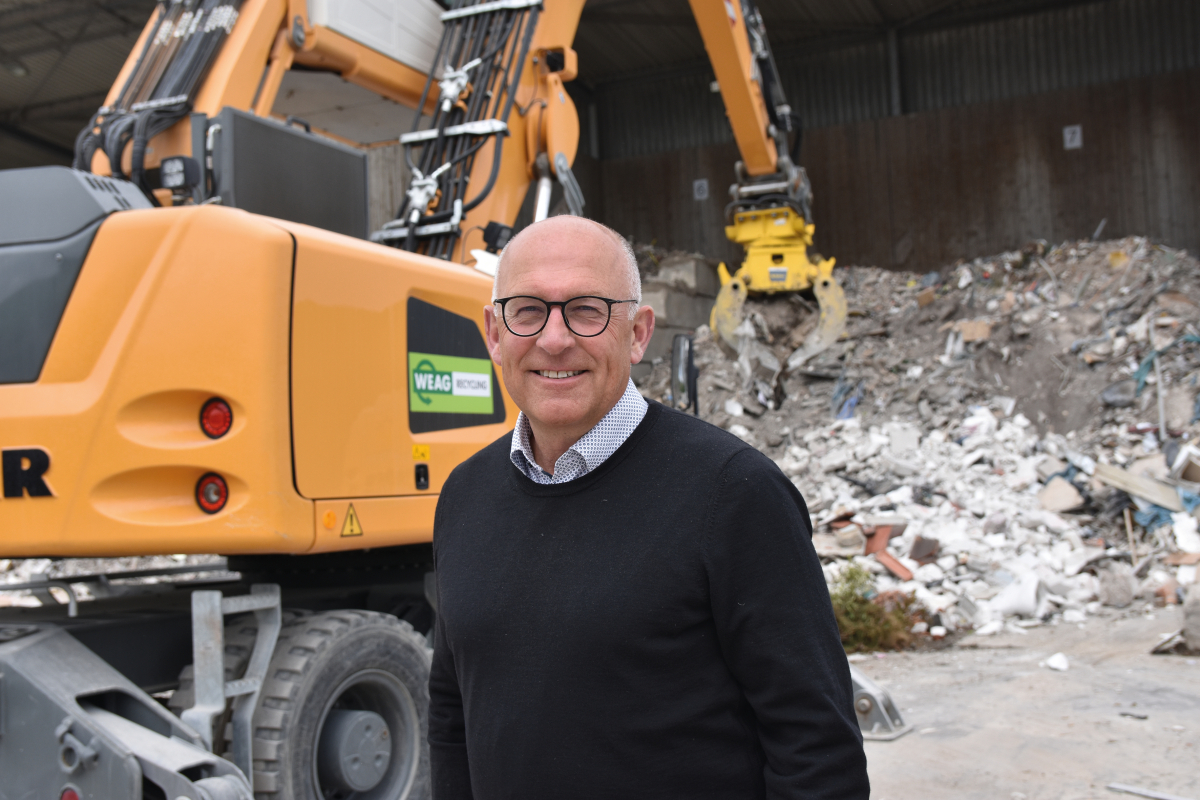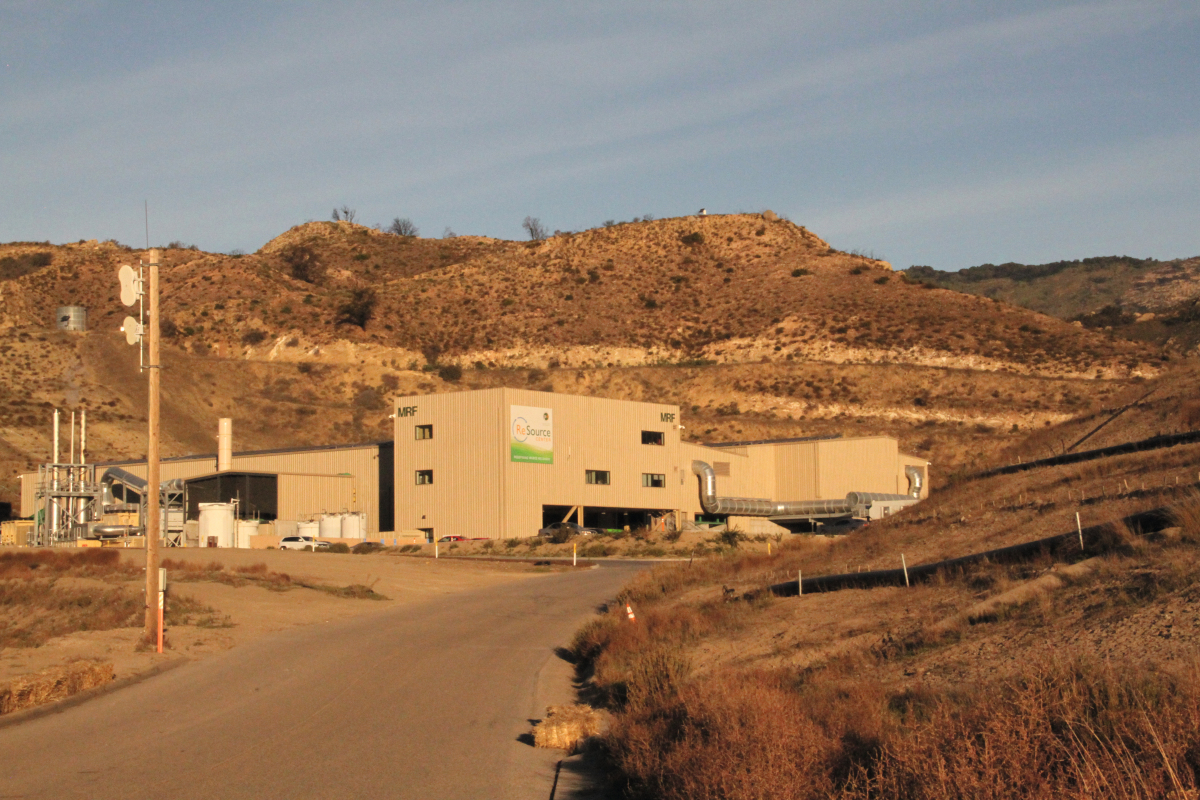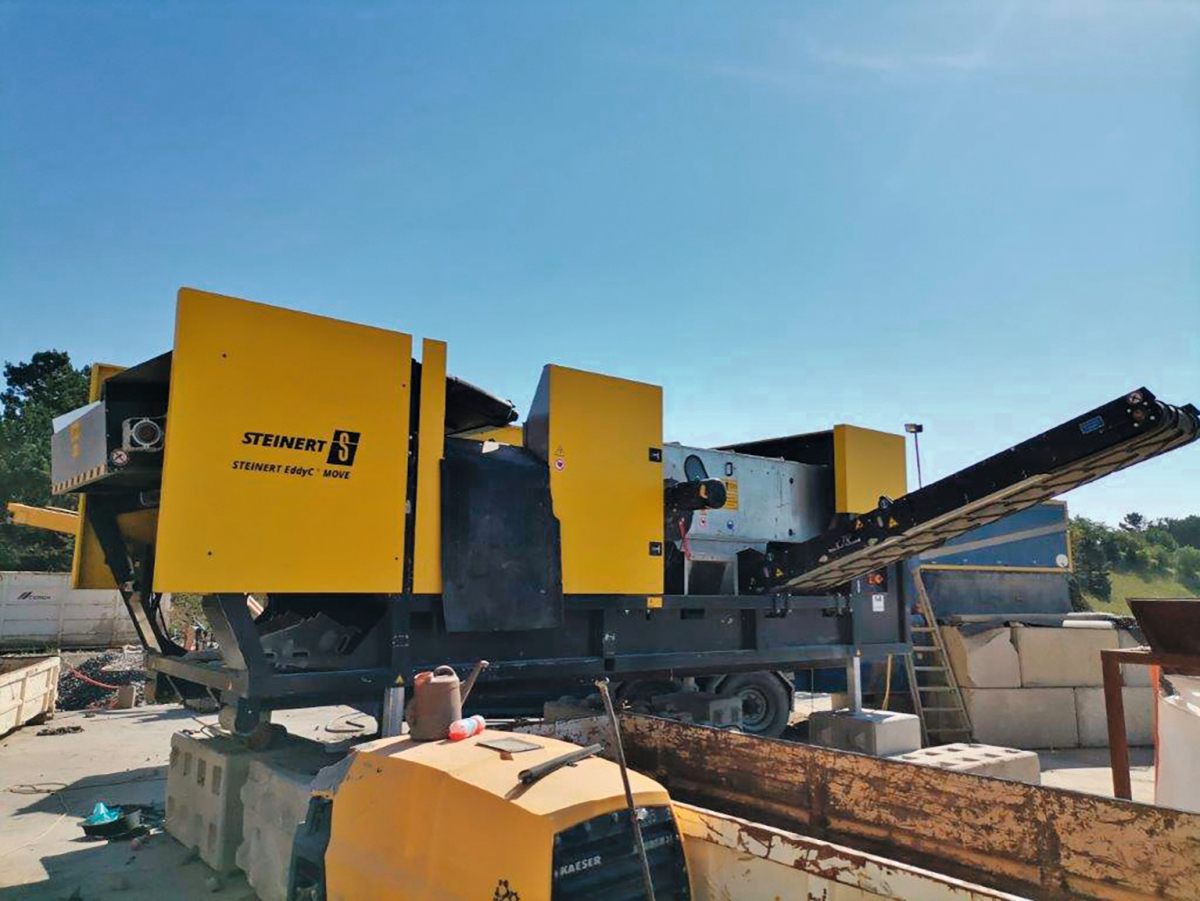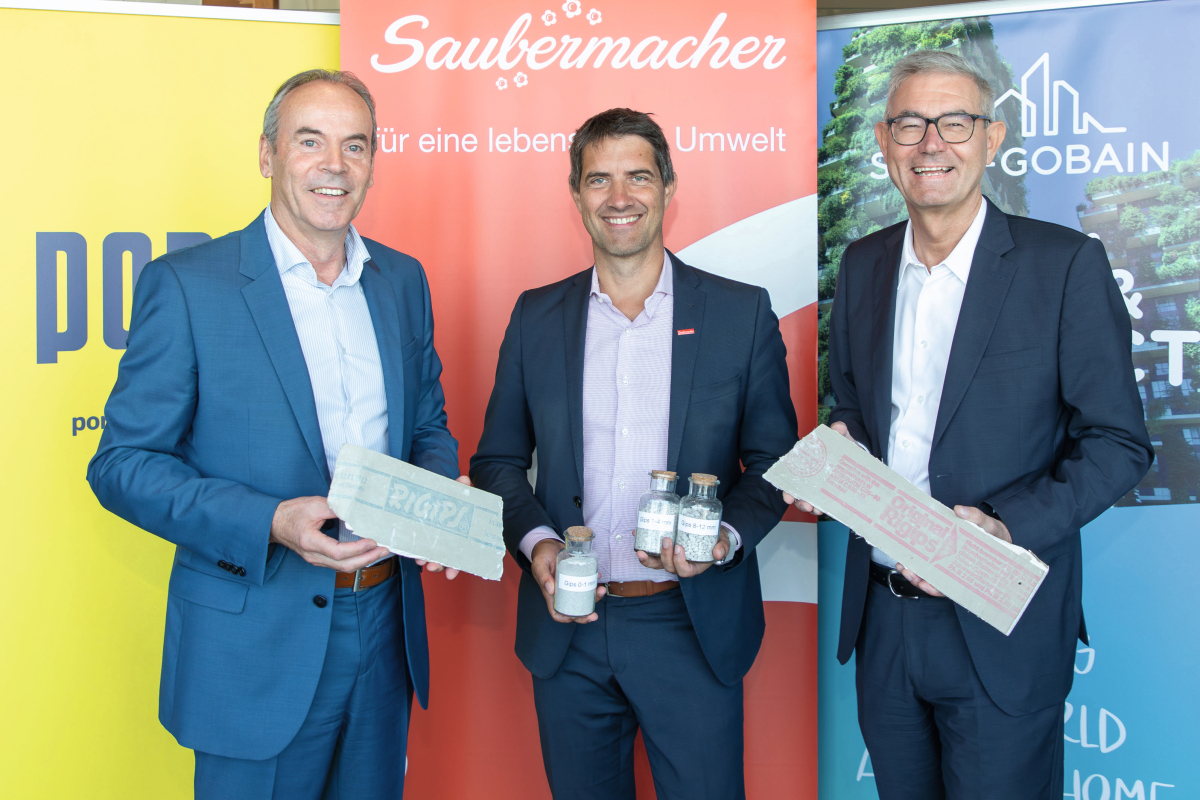ROCKWOOL’s take back programme, Rockcycle, facilitates closed-loop recycling
05.06.2024Construction and demolition waste accounts for 30 % of total waste produced globally, with an estimated average of more than 35 % of it ending in landfills annually (https://doi.org/10.3390/ma15010076), indicating an urgent need to tackle this challenge.
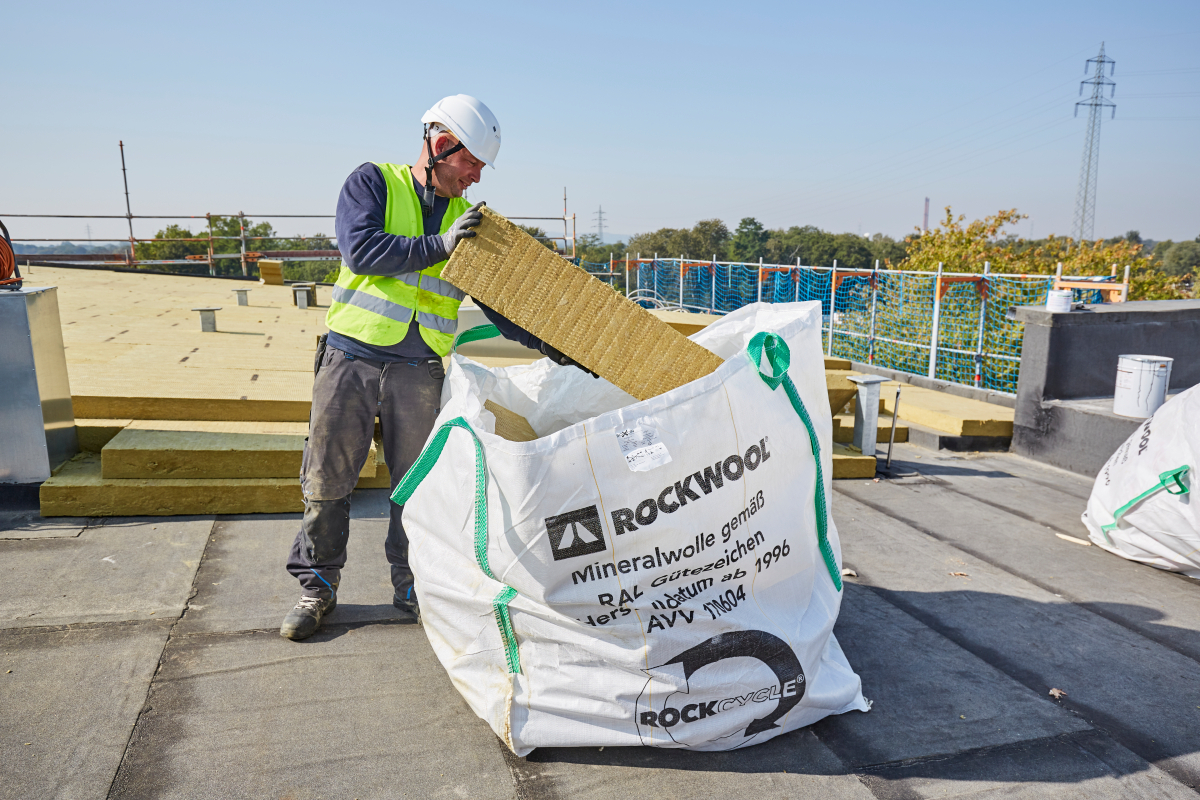 © Rockwool A/S
© Rockwool A/S
With Rockcycle, ROCKWOOL takes back stone wool material from construction, renovation and demolition sites and recycles it in the production process to make new ROCKWOOL products. ROCKWOOL aims to offer Rockcycle in a minimum of 30 countries by 2030. By adding India, China and Slovenia, Rockcycle is now available in Europe, North America and Asia.
“The construction industry has a waste problem. Valuable materials are too often uncollected and misdirected to general waste, which ends up in landfill. Fortunately, an inherent trait of stone wool is that it can be recycled endlessly and still maintain its mechanical and performance properties. As a circularity frontrunner in the construction industry, we are constantly pushing the boundaries of making our products, operations and business model more circular,” says Mirella Vitale, Senior Vice President, ROCKWOOL Group.
Pushing for a circular economy
ROCKWOOL experiences an increasing demand from architects, specifiers, engineering and construction companies, public authorities and policymakers for ways to reduce construction and demolition waste. However, legislation is lacking.
For example, steps should be taken to increase the cost of landfill to incentivise recycling and other cycling pathways, while discouraging the use of non-recyclable products. Even more effective would be implementing a total ban on landfilling recyclable materials. Among other things, this would promote deconstruction over demolition and thus better sorting of different waste streams. Legislators should establish harmonised definitions for e.g. recycled content and by-products and introduce harmonised criteria for recyclability at scale to increase the use of material that can be recycled over and over again.
“EU legislation should set requirements and provide incentives to use durable and recyclable materials to renovate existing and construct new buildings, and to increase landfill costs so recyclable materials can continue adding value in a circular economy while reducing waste,” says Mirella Vitale.

